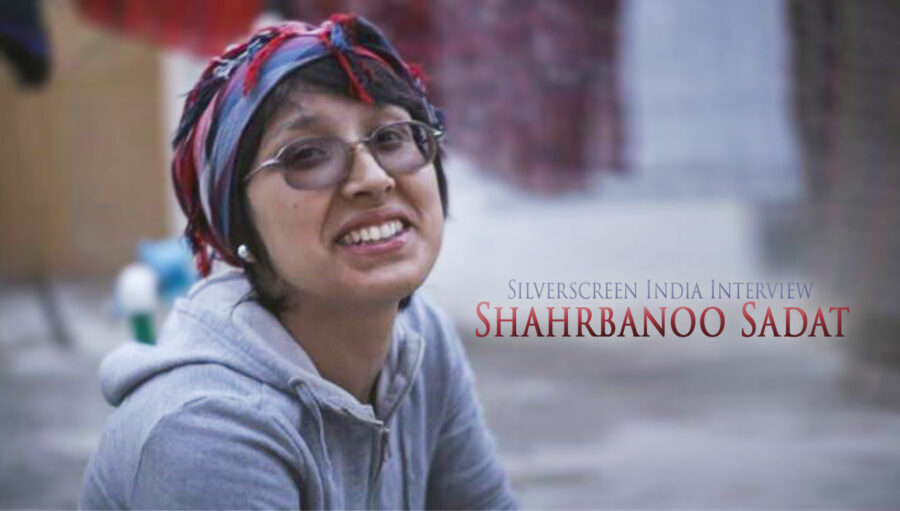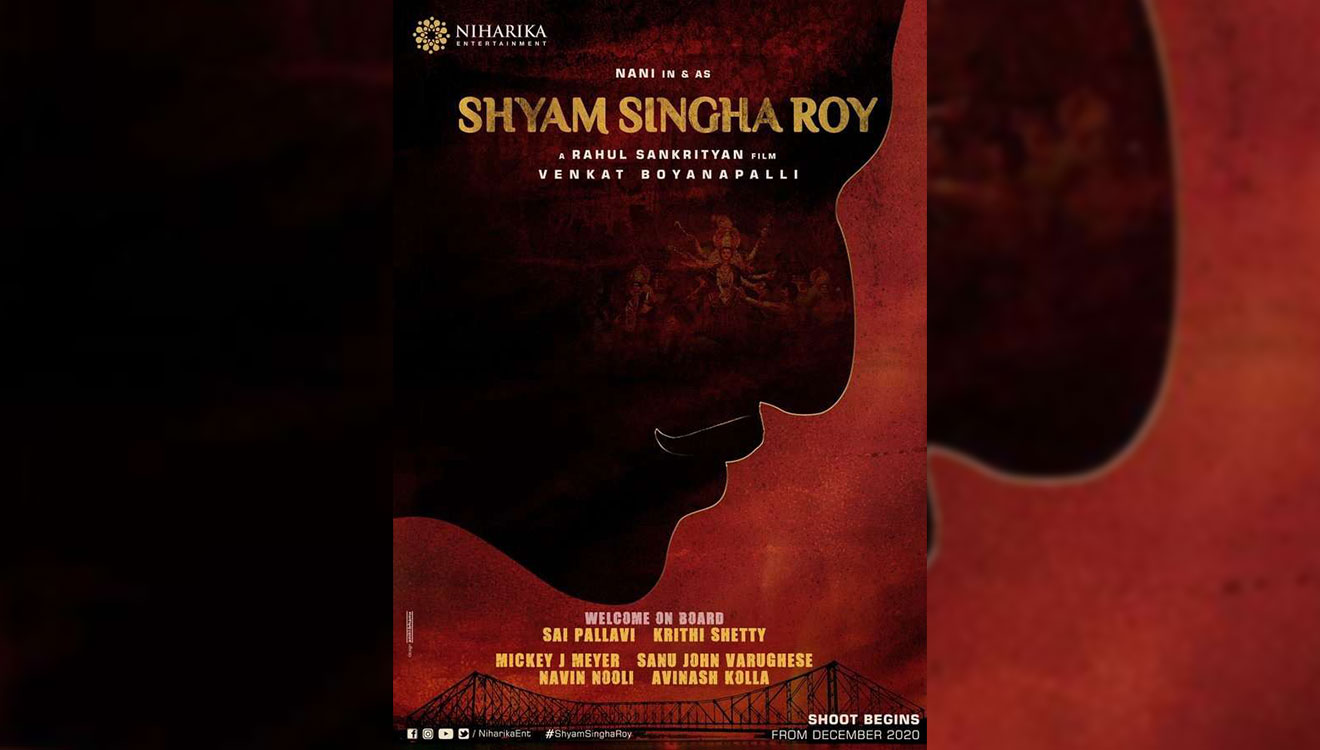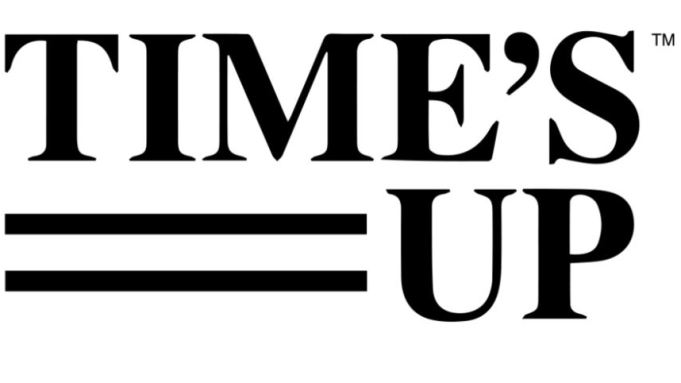Shahrbanoo Sadat, the Afghan filmmaker who fled Afghanistan after the Taliban’s takeover of Kabul last August, has travelled all her life. While some may call her a nomad, she reluctantly admits she is what the papers term a ‘refugee’. She detests this status, however, because it has followed her around all her life. On a plane to Abu Dhabi, Sadat realised that her life has come full circle. “My father left Afghanistan for Iran. Just before leaving, he had bought a house. He left thinking he would be back in a month, and ended up living there for 14 years. My destiny is similar to his. I too bought a home that I could not enjoy. I am leaving,” said the internationally-acclaimed filmmaker, speaking to Silverscreen India over a phone call from a camp in Paris in September.
Sadat is currently in Hamburg, Germany.
She gained international recognition after she became the youngest person to be selected for the Cannes Cinefondation Residence in 2010 and subsequently won the main award at the Cannes Film Festival’s Directors’ Fortnight in 2016 for her debut feature, Wolf and Sheep.
She wanted to start work on her upcoming film, Kabul Jan, when she was forced to leave her home. At the San Sebastian Film Festival, one of her first public appearances since she fled Afghanistan, Sadat mentioned that Kabul Jan will portray the “first kiss in Afghan film history.”
In the following excerpts from her conversation with us, Sadat speaks about this film, the future of Afghan art and cinema, her idea of home, and more.
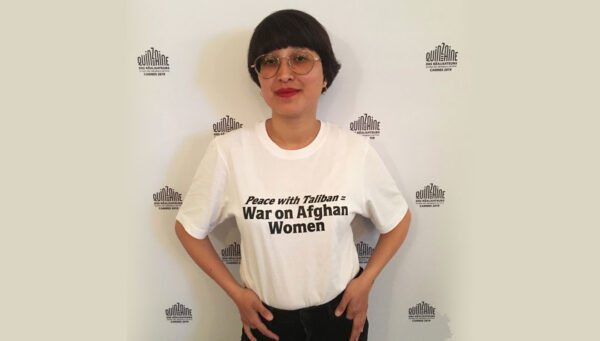
You were born in Iran, then moved to Afghanistan, to Paris, and now you are going to Germany. What is your idea of home?
Home was always a very big word for me. I was born a refugee in Iran. It was the only country I knew, but it denied me citizenship. When we eventually moved to Afghanistan, it was foreign to me. Most refugees went back to big cities like Kabul and Herat, but we moved to a small, isolated village in central Afghanistan, in the middle of nowhere. The culture shock was so strong. I felt like I had gone back a 100 years – there was no electricity, no scope for me to study. I was very angry at my parents for bringing us there.
All my years there, I dreamt of going to Kabul. I landed in Kabul in 2008, got my first job with a television channel, went to university, studied cinema and theatre, and my life changed. I met a man [Anwar Hashimi] and fell in love. He shared with me his 800-page diary and told me about his childhood and life in Afghanistan. It helped me get to know Afghanistan’s past. I travelled and made short films. It was then that I met my producer [Katja Adomeit] and we began working on my first feature [Wolf and Sheep]. It’s based on our [Sadat and Hashimi’s] individual experiences in central Afghanistan, but at different times. Both of us had similar experiences as outsiders who wanted to escape to Kabul. In the film, I imagined both of us leaving at the same time and becoming friends in Kabul.
Later, in 2014, when the American troops came in, a lot of people started to leave the country. There were terror attacks everywhere, the threat of getting killed was very real. But I wanted to stay because after a long time, I finally felt like I was home. I had a career, I knew people. And I wanted to make my film. It eventually turned out that I lost all my friends and some of my family; I was alone again.
The situation turned bad – terrorism increased, there were explosions in markets and the streets. I was trying to find a way to shoot my film. I wanted to film in my village, but that was not possible.
Then, the presidential elections came around and we understood that the situation would go on. I had already waited six years to make my film, so I spoke to my producer and she suggested shooting elsewhere. After considering Morocco and China, I chose Tajikistan, mainly because it is closer to Afghanistan. I shot both my films there – Wolf and Sheep in 2016, and The Orphanage in 2018.
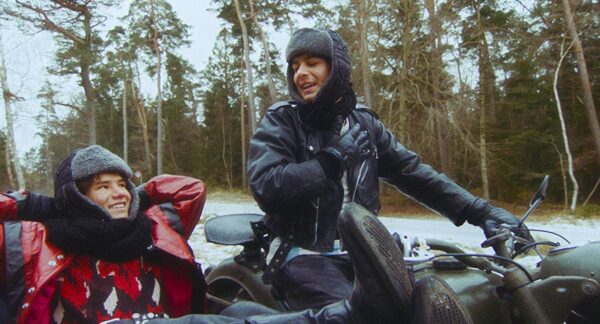
After I finished The Orphanage, I returned to Kabul and there was another election. There was a second wave of people leaving the country. I chose to buy myself an apartment in downtown Kabul and stay. Since I deal with everyday life in my films, I thought I needed to be there and also lead that life. I did the interiors myself and I moved in this year, on my birthday in January. But then, all this stuff started happening and suddenly, in a month, the Taliban took over half of Afghanistan. They took Kabul overnight. All my family from across Afghanistan came over to my place. And suddenly there were 20 people, all looking at me to help them leave.
It was a really horrible situation because I did not want to leave. But I had to for my family, and for my career that could not have continued in Kabul. I managed to get our names on the passenger list. The biggest problem, however, was reaching the airport. Our promised pick-up didn’t show up. So, we took the risk and 10 of us left for the airport. We had to pass four Taliban checkpoints. I took only my computer, nothing else. We stayed at the airport for 72 hours.
And now, here I am, at a camp in Paris, wondering what this is all about. Part of my family is still there. I don’t know if I will meet them ever again. Politics and war took everything from me.
Home? I am so obsessed with it. Now that I am out of Afghanistan, I am trying to find a meaning for my life. I am thinking, ‘It’s okay, it’s like cinema. You create a country that does not actually exist.’ Maybe I can recreate Afghanistan in my head.
Sometime ago, I planned on studying architecture (Sadat also served as art director on both of her films). With all this going on, maybe this is the right time to pursue that. Because even this ties back to the idea of home. I would like to have a home, eventually. A space that I can recreate Afghanistan in because that is very important for me. It is something that I need to figure out.
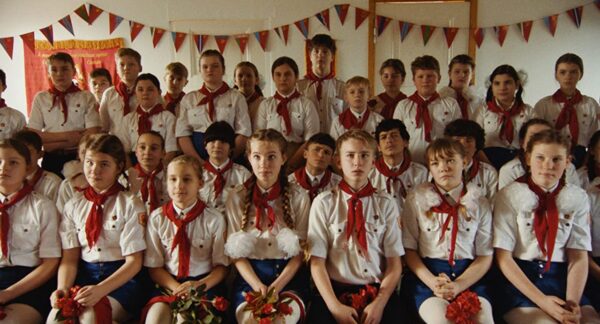
Are any of your family still in Kabul?
My brother and his family are still stuck in my apartment. I am worried because Taliban are checking houses and it is very possible that someone could report to them that the house belongs to an artist. My producer and I are looking for another apartment in a lesser-known place where they can stay. We have to shift them to Pakistan, Iran or some country soon. We spend 18 hours a day talking, calling, sharing information with the network that is trying to help us as well as other people. I’m also concerned about the cast of my film. One by one, they are calling me and seeking help.
Why did you decide to settle in Germany?
My producer is German, though she lives in Denmark. She has a company [Adomeit Films] in Denmark, Hamburg, and Berlin. She actually started the branch in Germany for me when we were trying to film The Orphanage. There are Bollywood sequences in The Orphanage that were shot in Hamburg and Denmark, so that we could get the financing. Now, we are working on our third film, Kabul Jan. It was supposed to be shot in Afghanistan. It will chronicle life in Kabul before Taliban. We will shoot parts of the film in Hamburg, which has also given me the script money. Plus, it is home to an Afghan community. In terms of casting, getting props and art department, it will be important to remain close to this community.
Also, I don’t want to be a refugee again and Germany offers me an option without going through asylum. I can immediately start working this way. In my current mental condition, it will be good for me to be engrossed in work. I need to heal and the only thing that’s left for me is cinema. My friends are dispersed across the world, I have lost my apartment, I have lost my country, I have lost all my dreams.
So I want to get busy and work on Kabul Jan. That’s why it’s important that I go to Germany.
Is talking about your experiences helping you, considering you have to relive the memories?
At the moment, I am a little bit all over the place because everything that happened was a slap in the face. The world that I wanted to live in was very different from the real world. A lot of people left Afghanistan, but I stayed back. I would not follow the news because it was very depressing. I was avoiding politics in real life and also in my cinema. But all the time that I was ignoring the politics and the war, I did not realise that my life would get directly affected. And that was like a slap in the face.
On the one hand, everything is sad; on the other, this is life. There is no other way except going forward. I think that in the next two weeks, I will do all my crying and will be done with it. Then, I will start work on my next film, because this story needs to be told.
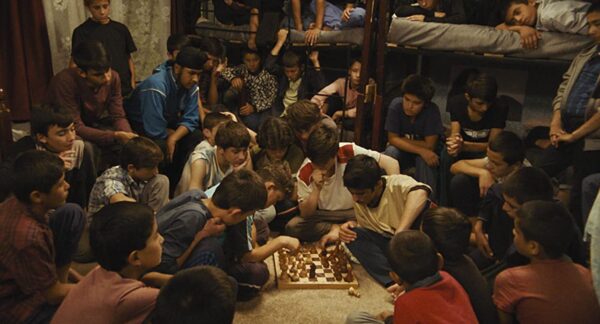
What can you tell us about your next project, Kabul Jan?
Ironically, it is a romantic comedy. The main location is a television channel and the leads are a reporter and a cameraperson, who meet, fall in love, and go out to cover news.
Kabul Jan will be full of humour. It will also reflect my life as I have worked as a producer on a television channel. The main character is a short girl, like me. She’s trying to prove that she’s a good cameraperson but the only program she’s offered is a cooking show that she hates. (I was the producer of a cooking show I hated.)
On the other hand, there’s this successful news reporter who loses his cameraman in a very funny situation. They put the girl on the job because there’s no one else. These two are complete opposites of each other. And when they go out to cover news, the way they talk to one another, the way they treat each other, also speaks volumes about the situation of women in Afghanistan.
Kabul was very different from other [Afghan] cities; women there could go to university, wear mini-skirts, become a Parliamentarian, take up high-profile jobs. But still, society did not accept them fully. That was something that every woman felt in her workplace. I too was underestimated all the time and had trouble working with my male cameraperson who thought he knew better.
I have made three drafts of Kabul Jan’s script so far. And I will make a new draft soon, probably when we are in Germany. I am actually curious about where it will go because I’m a different person now. Maybe I will end the film with the Taliban’s arrival, or at least in a way that reflects the mood of the last six months. I feel there should be a connection to the current situation.
I’m guessing we’ll begin shooting next year, in October, perhaps. The toughest part will be recreating Afghanistan and relocating the actors.
What is it like working on a romantic comedy like Kabul Jan when your life is so full of tragedy?
A romantic comedy set in Afghanistan is incongruous because people feel that a war-torn country cannot afford such situations. But I lived there for years, and now I want to laugh about it. Of course, one side is tragic, but tragedy and comedy go hand in hand.
Also, Kabul Jan’s story is something that nobody knows about except those who lived there. Kabul is full of life, but no one knows about the people who live there – how they date, how they fall in love.
The film will also look at the behind-the-scenes workings of the Afghan press. It will talk about women and young Afghans – the groups most at risk currently. I think it is very important to show the world how Afghanistan was before the Taliban.
A film like Kabul Jan can give hope. First to myself, because it can help me expand my scope, and secondly, it will help people move forward.
I also feel it can be dedicated to journalists. I’ve been thinking a lot about the many journalists, both Afghan and international, who were killed at the hands of the Taliban.
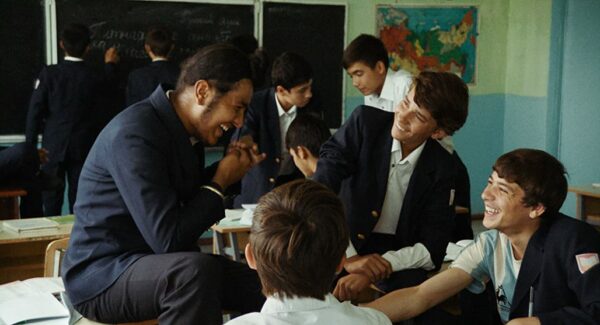
A lot of your colleagues have been posting on social media, with either their takes or what’s happening on the ground. Is there a specific reason why you do not have a social media presence?
I am actually on Twitter; I last accessed it on August 15. When all of this was unfolding, I chose not to be active on social media because I did not want to follow the news. In Afghanistan, all news is bad news. And I wanted to make a romantic comedy, which is not easy to write surrounded by such news.
Also, I’ve always been a critic of the filmmakers and artists of Afghanistan. I never felt welcome, never felt like I was a part of that community. My cinema was never understood. Because I am a woman making films, I was underestimated. There were misconceptions that I get international funding just because I am a woman; I crowd-funded and fought for each of my films. I used to share my thoughts in public and was misunderstood. So, I removed myself from social media, and just kept out of everything. Funnily enough, this led to people thinking I’d already left Afghanistan. When there were lists of artists and filmmakers made, my name featured in none.
There was also a lot of fear among artists, journalists, and people working for the government. Being on social media felt dangerous. Most people in Afghanistan know me because I lived in Kabul for 10 years. But I make sure that all of my interviews are in English. I do not speak to the Persian press. I have never given television interviews even though I worked at a news channel. I avoided film festivals and any big gatherings. I was trying to keep myself isolated somehow.
So your main motive in staying off social media was to hide your identity to protect yourself?
That, and also because I wanted to be a part of the everyday life of people. In Kabul, when you are recognisable, it is very tough to lead an ordinary life. There will be people pointing you out, there will be harassment, and I did not want that. I wanted to be no one. Because when you are no one, you have unlimited access everywhere.
Also, since my parents used to live in central Afghanistan, I had to travel through Taliban area quite often. It would’ve been dangerous if they got to know that I speak English and had contacts with foreigners. I even stopped using cars and was only using public transport. But I got a lot of dialogues for my films from the buses. I had to stop taking buses after a point though because of the bombings. So then, I started walking everywhere, with nobody noticing me. That is the best part about Kabul that I am going to remember.
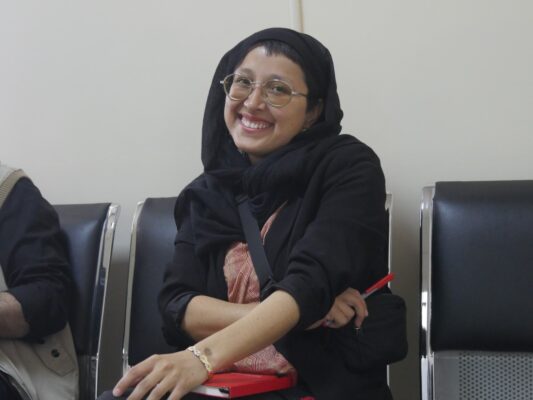
How do you think the art and creative industries will be affected because of the Taliban take-over?
In the last 20 years, I doubt the Afghan artistic society has done exceptional work. One of the reasons for this is, of course, financial. Now, by virtue of the fact that some artists will be immigrants elsewhere, they will be connected to some state fund. And maybe now that they are out of Afghanistan, they can see things from a different perspective. Hopefully, in the next 5-6 years, there will be some serious works. That is one thing that I am expecting from artists who can get out of Afghanistan. They are the cultural leaders.
Meanwhile, a big chunk of artists and filmmakers are still in Afghanistan. They could not get out for various reasons – they don’t speak English or know any international friends, are not part of the cultural mafia so their name did not feature on any list, or just because the planes got filled up too soon. Some chose to stay back too. One of them is my flatmate; he said, “I’m not married, I don’t have children or parents, so I have no responsibility.”
I would’ve probably done the same if I didn’t have my family to think of because I don’t want to be a refugee. After I get my brother out, maybe I can go back and be no one again. I still hope to return, just to observe the everyday lives of people. I don’t expect to go there and film because the Taliban has said that artists must change fields. Under Sharia law, artists cannot work. In such a scenario, where artists are not allowed to work, something might change within them. Because when you are not allowed to do something, you are further attracted to it.
What are your thoughts on the future of Afghan cinema?
I am actually hopeful about it. In Afghanistan, the annual production of films was really low. One had to be a part of the cultural mafia to be able to gain recognition. So leaving might actually prove good for filmmakers, and maybe we will make more movies than in the last 20 years.
In global cinema, Afghanistan is a cliché. International filmmakers who want to talk about the country, make films on big subjects like the Afghanistan war, and women and human rights. Though these subjects are important, the films are shallow and only scratch the surface because there is no research, they don’t know about the culture. They are just a bunch of tourists making films about Afghanistan.
For years international filmmakers have portrayed our country in a wrong way. The sad thing is, Afghan filmmakers also started looking at those films as references. Why should an Oscar-winning American film on Afghanistan be a reference point for Afghan artists? We [Afghans] know that it is trash despite it receiving international recognition.
For me, not just as a filmmaker, but as an Afghan viewer, those films are just not acceptable. They are disrespectful. When I started my career, although I did not know what kind of films I wanted to make, I was clear that my cinema would not be anything like those. That’s how I became interested in the stories of ordinary people, subjects not related to war and stuff, just the lives of ordinary people from the perspective of ordinary people.
I believe that war is not the biggest thing in Afghanistan because after four decades, war has become a part of everyday life. When something is part of your everyday life, you cope, you adapt.
Afghan artists should be able to see value in their stories, and to share it with the world the way they want. We should be brave in selecting these stories and making films about them. This is our country, our life, and we should not be afraid to shape Afghan cinema.
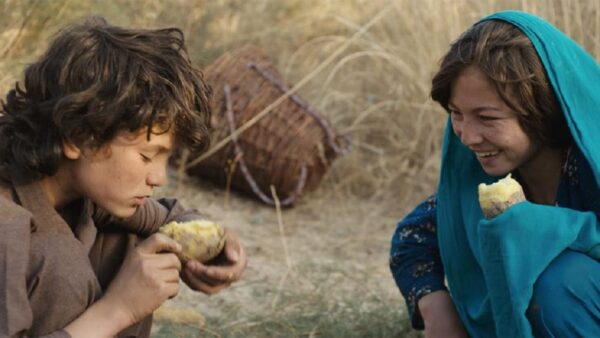
How can the international community help?
They are actually the ones who have hurt Afghanistan badly. This was caused by America and the international community. I don’t know how Afghanistan can heal from it.
For now, the one thing that they can do, is not recognise the Taliban government. Because the Taliban, this time, don’t want to be isolated. They want to be recognised by the international community. They want to make something like the Islamic Republic of Iran. They want to convince the world that Taliban has changed. But that’s not true. They are still against women’s freedom, art, and progress.
I don’t understand why a terrorist coup should get international recognition. A terrorist organisation can never change. They have killed so many people.
Lastly, how would you want to remember Kabul and Afghanistan, in case you are never able to return? What is your last memory of the country?
I remember the very last moment at Kabul airport, when we were on the plane to Abu Dhabi. I was sitting next to my father and my eyes were welling up. I got emotional because there was a 15-minute walk that we had to cover at the airport. There were soldiers and hundreds of people at all corners waiting for a plane.
Recommended
I just looked at my father. He said, ‘It’s okay, it’s okay.’ And I could see on his face that it was not okay at all. And then it struck me that he was displaced again. Life had come full circle. My destiny was similar to my father’s. It was very sad.
And sadder for me because I did not want to leave. I was not done with Afghanistan. I put my hand inside my coat pocket to find the key to my apartment still there. I just held on to it, for the entire three hours. I still have it in my pocket and I have no plans of removing it. I just keep telling myself, this is all temporary. All of this will pass, and I will go back.
Afghanistan is not over for me. I am leaving. But I will return.
